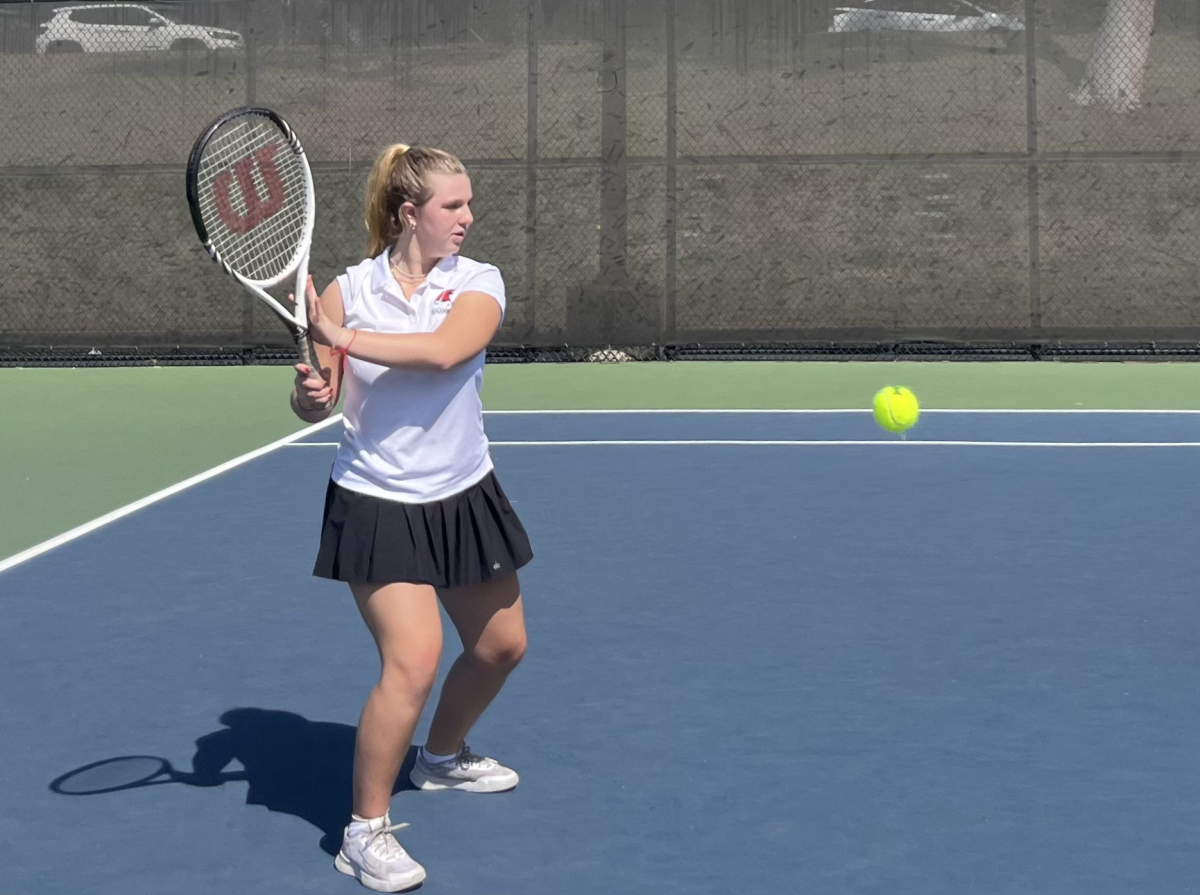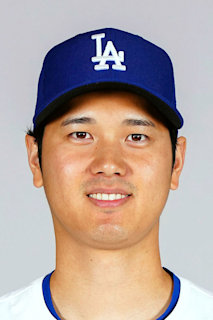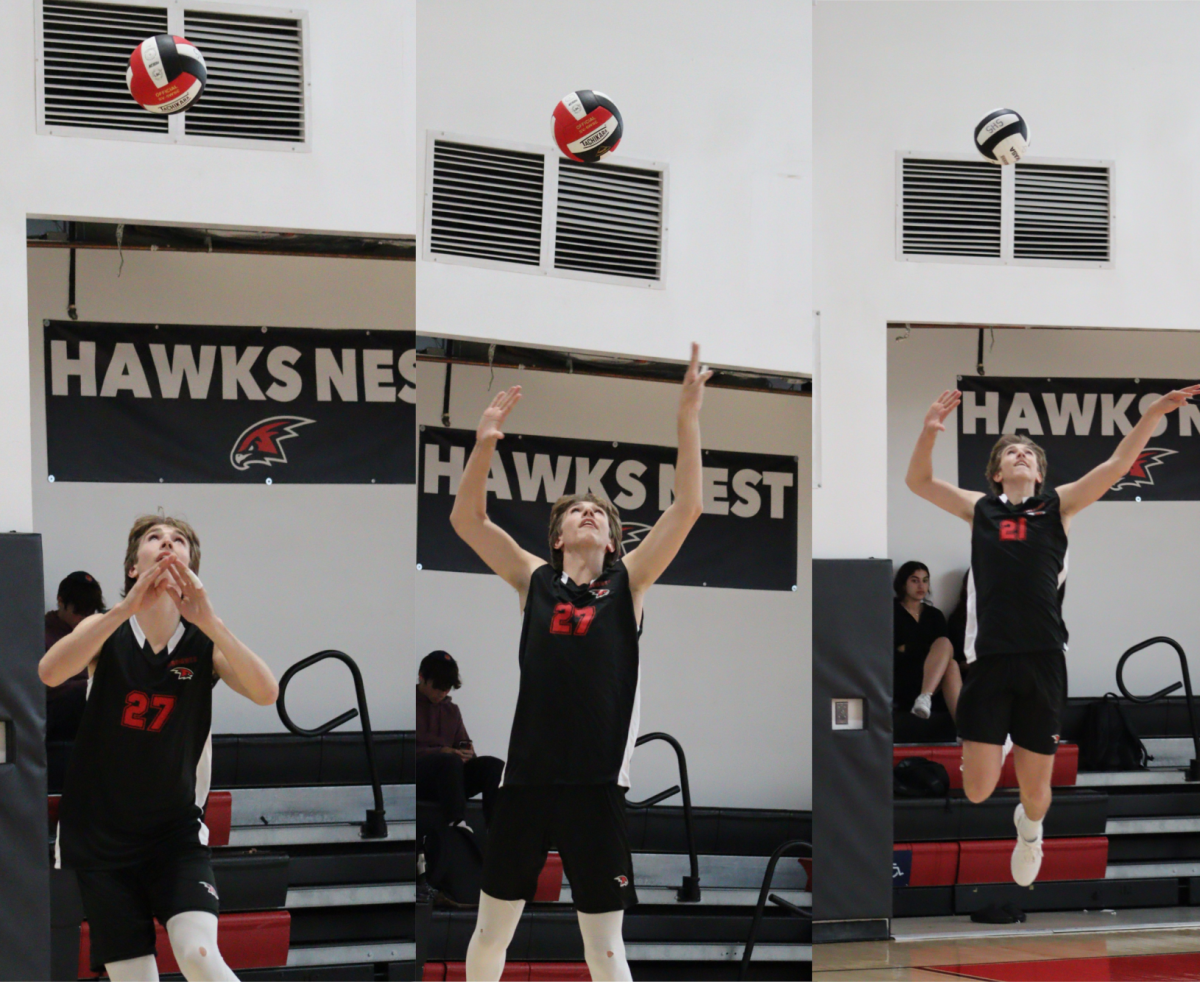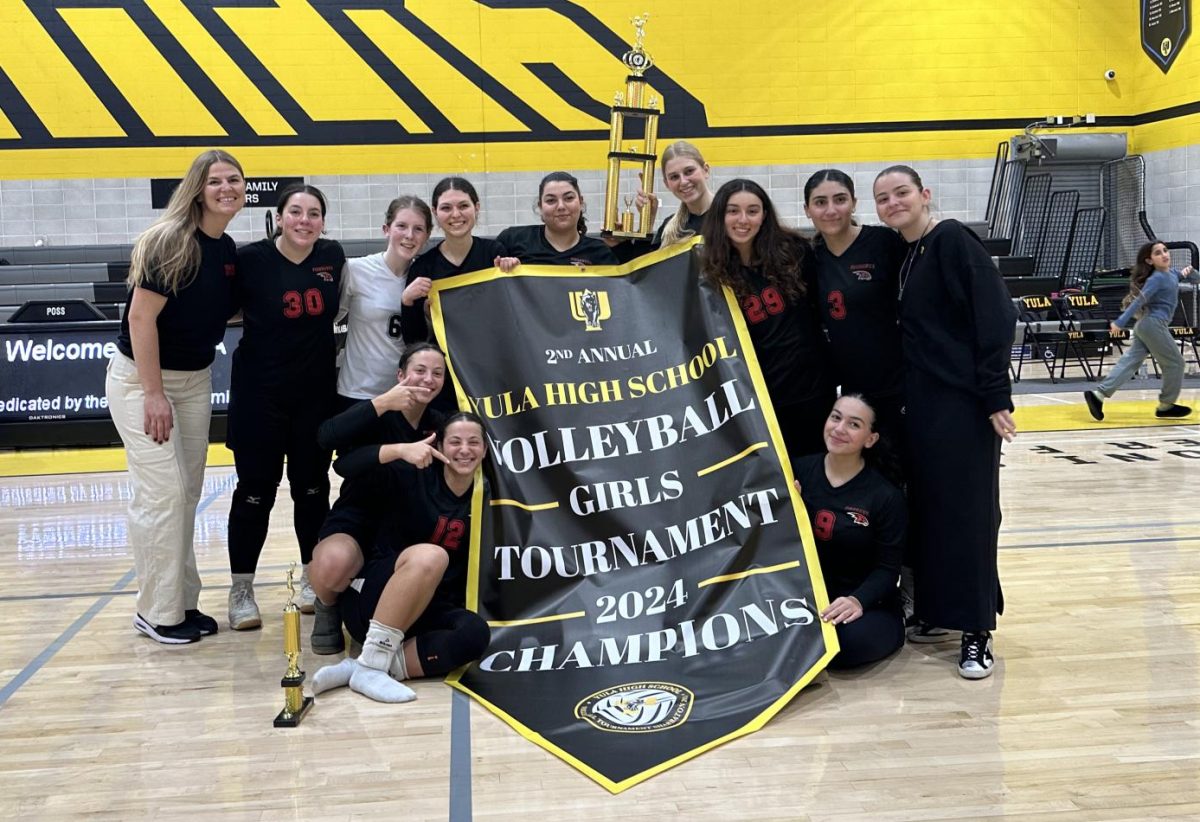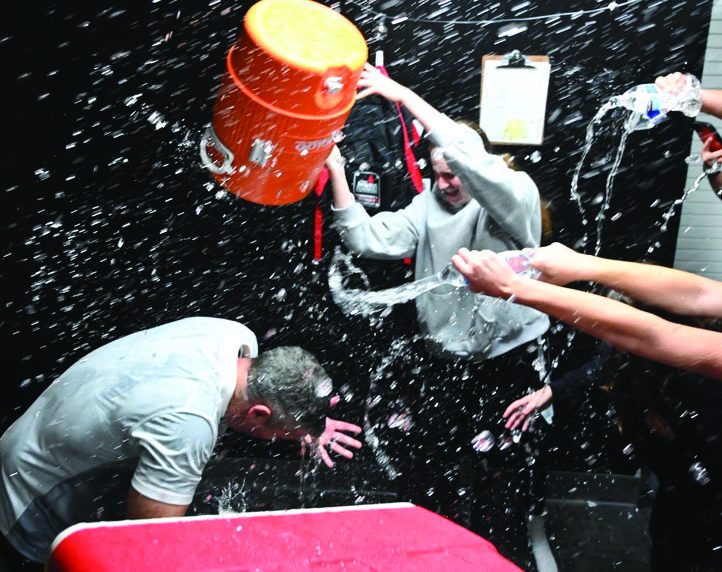Inside the Karate studio next door to Schnitzely’s on Pico Boulevard, nine men and women stand in two straight lines, their eyes fixed on a teacher at the front. The room is silent other than a few words that the man utters quietly to the class.
In the middle of the first row stands Shalhevet junior David Rokah, his demeanor distinguishing him from the rest of the class. The teacher finishes speaking and the group begins to practice the move that he has just described. David seems to lead the group, with a look of determination on his face – so focused on his movements that an onlooker entering the room could not distract him from what he was doing
On May 15, David took first place in the age 13-18 category of the Western Regional Karate Championship and Junior Olympic Qualifier, sponsored by the Amateur Athletic Union and Japan Karate Do Society and held WHERE
And just three weeks earlier on April 24, he had finished fourth in the adult category.
“When you’re in the moment, you don’t have time to think,” David said a week after the first-place win. “The whole idea is as I’m punching, you try to get me before I can move. It’s all based on experience, so since I’ve been training, I don’t have to think – my body just knows what to do.”
David’s teacher – his father, Avi Rokah, who just happens to be a five-time national champion and who won the World Cup – an elite invite-only tournament where only the top eight fighters in the world compete – says concentration key to success in the sport.
Not only do you have to balance your reflexes and discipline, he said, but you have to worry about what your opponent is doing as well.
“You can’t have too much focus,” said Mr. Rokah in an interview, “You have to find the balance between focus and thinking [in the moment].”
David began learning karate when he was two, and up until recently he was taking classes with other minors. But his skill level was way above that of his peers, so his father and trainer decided to move him up to adult classes.
Now he trains four times a week for an hour-and-a-half. He begins by warming up, and then moves on to technique and learning new moves. At the end of the class the students, who range in age from 16 to 50, apply what they have learned as they spar against each other.
Training and competing with adults, he says, has given him the confidence he needs to succeed in the children’s competitions.
His best moment in karate, David says, was winning fourth place in the adult competition. Currently, he is a brown belt, the second highest belt ranking. That, in addition to being one of the only minors in a competition mainly for adults, made his fourth place finish that much sweeter.
In addition to physical conditioning, one needs to be psychologically fit and be able to think on their feet even more so than in other sports because of how quickly everything moves.
David speaks fluent Swedish – his first language, because his mother is Swedish and so he spoke Swedish at home. Academically he juggles karate with AP classes and debate, and next year there will be college applications. His friend Leona Fallas said that made the wins in May seem like a long shot.
“These two competitions came in the heat of AP’s and SAT2’s,” Leona said. “He didn’t think he’d do well because he didn’t train as much as he wanted to.”
And there’s more karate competition to come, starting the week after finals end. David will be competing in the American Championships in Shotokan Karate for the 13-18 year old category, and would like compete in the adult category as well. So far though, the head of the competition feels it is a liability to have David compete as a minor because in years past, a minor was injured severely resulting in a ruptured spleen.
To succeed in these competitions he must continue to train diligently and rigorously if he wants to succeed, but that doesn’t scare him.
“I’m looking forward to the next challenge,” He said, “… and moving on to compete at the next level.”

